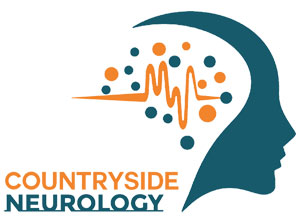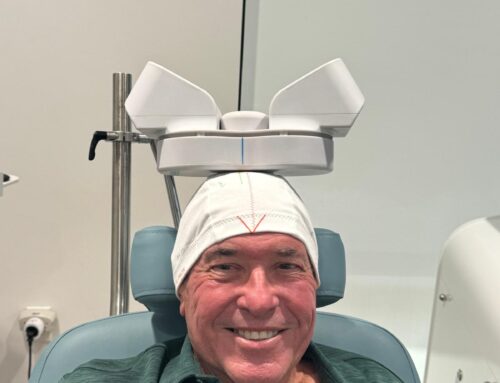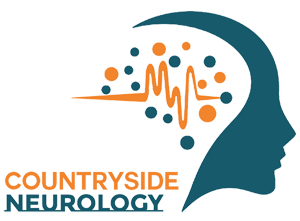Transcranial Magnetic Stimulation (TMS) therapy has shown promise in the treatment of Trigeminal Neuralgia, a condition characterized by severe facial pain. While TMS is primarily known for its applications in mental health, it can also be used as an alternative or complementary treatment for neurological conditions like Trigeminal Neuralgia. Here’s how TMS therapy can help:
- Pain Relief: TMS therapy uses magnetic pulses to stimulate specific areas of the brain, including the prefrontal cortex, which is involved in pain perception and modulation. By targeting these regions, TMS therapy may help reduce the intensity and frequency of facial pain associated with Trigeminal Neuralgia.
- Neural Modulation: Trigeminal Neuralgia is often caused by abnormal nerve signals or hyperexcitability in the trigeminal nerve, which carries sensory information from the face to the brain. TMS therapy aims to modulate neuronal activity and normalize the function of the trigeminal nerve, potentially leading to a decrease in pain signals.
- Non-Invasive Approach: TMS therapy is non-invasive, meaning it does not require surgery or medication. This makes it an attractive option for individuals seeking alternative treatments or those who may have had limited success with other interventions. TMS therapy is generally well-tolerated and does not have the systemic side effects associated with medications.
- Customized Treatment: Each patient’s experience with Trigeminal Neuralgia can vary, and TMS therapy can be tailored to individual needs. Treatment parameters, such as the frequency and intensity of magnetic pulses, can be adjusted to optimize outcomes and target specific areas of the brain involved in pain processing.
- Complementary Therapy: TMS therapy can be used alongside other treatments for Trigeminal Neuralgia, such as medications or nerve blocks. It can complement existing therapies and potentially enhance overall pain management and quality of life.
It’s important to note that the effectiveness of TMS therapy for Trigeminal Neuralgia may vary from person to person. It is essential to consult with a neurologist who can evaluate your condition, discuss potential treatment options, and determine if TMS therapy is a suitable choice for you. They will consider factors such as the severity of your symptoms, treatment history, and overall health to provide personalized recommendations.
If you or a loved one are interested in TMS therapy for Trigeminal Neuralgia, please contact Countryside Neurology at 727-712-1567.
Sources:
ChatGPT




